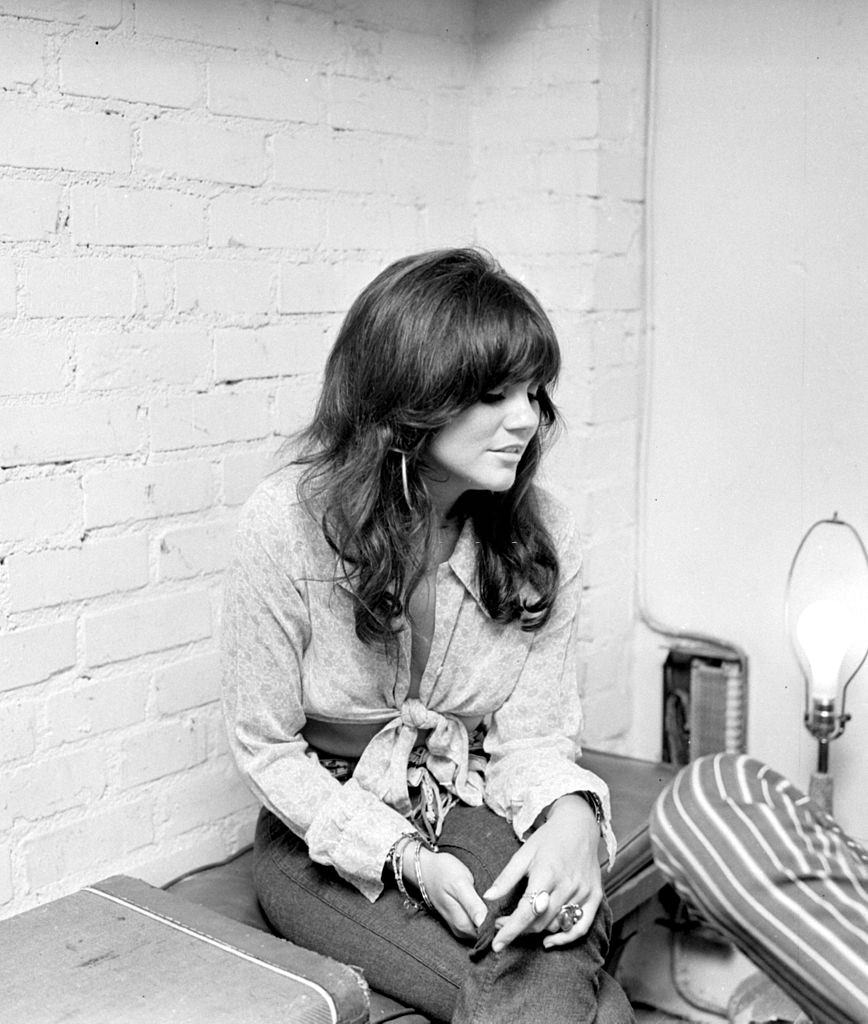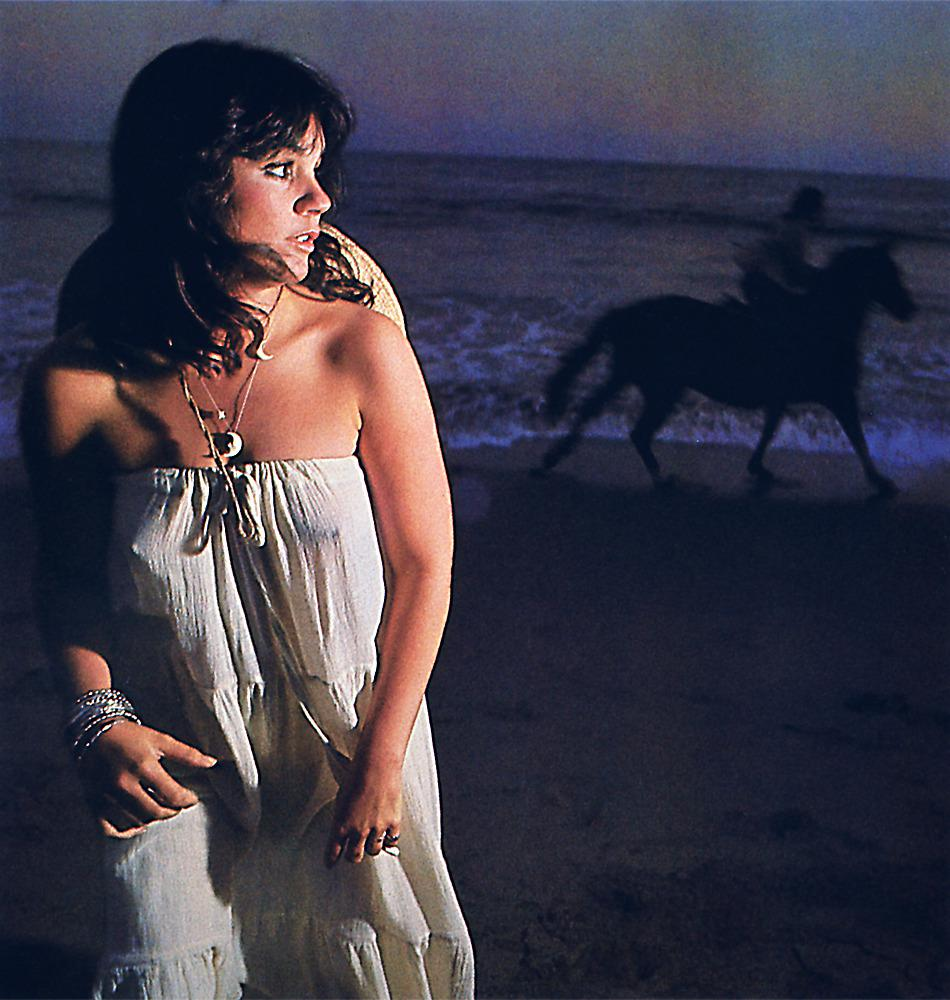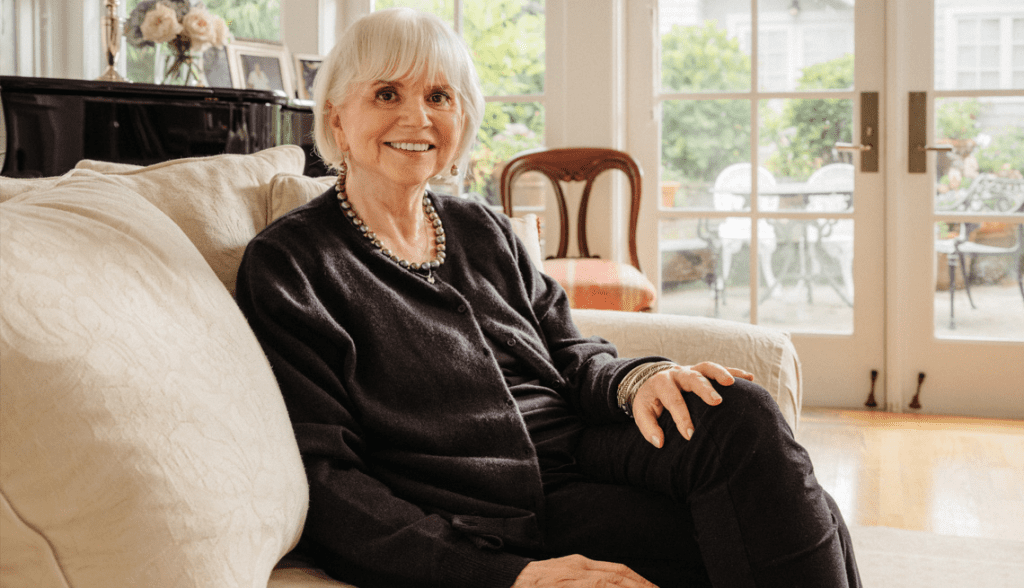Linda Ronstadt is not just a name in the music industry; she’s a legend. With an extraordinary career spanning genres and decades, her influence is unmatched. Eleven Grammy Awards, numerous platinum albums, and over 100 million records sold worldwide speak volumes of her talent. Yet, her journey is as inspiring as it is bittersweet—a voice silenced by a rare disease, but her legacy continues to sing.
The Rise of a Legend

Linda Ronstadt’s story begins in Tucson, Arizona, where her Mexican-American roots and musical family shaped her love for diverse sounds. Growing up on a ranch, Linda was exposed to everything from Mexican folk to American country, which later became the foundation of her eclectic style.
In the mid-1960s, Ronstadt joined the folk-rock group The Stone Poneys, but it was her solo career that catapulted her into stardom. With her 1969 album Hand Sown… Home Grown, often considered the first alternative country record by a female artist, Ronstadt showed her ability to blend genres seamlessly.
A Career Defined by Diversity
What made Linda Ronstadt stand out was her refusal to be confined to a single genre. She was a musical chameleon, effortlessly moving between rock, country, Latin music, light opera, and even traditional pop. Her chart-topping albums like Heart Like a Wheel, Simple Dreams, and Living in the USA defined the 1970s rock and roll era.
Nicknamed the “Queen of Rock” and “First Lady of Rock,” Ronstadt became the first female “arena-class” rock star, paving the way for women in a male-dominated industry. But she didn’t stop there. In the 1980s, she explored Broadway, starred in The Pirates of Penzance, and even collaborated with Nelson Riddle to bring The Great American Songbook to life.
Her Latin roots shone brightly in Canciones de Mi Padre, an album that introduced traditional Mexican music to a global audience. It remains the best-selling non-English language album in U.S. history—a testament to Ronstadt’s ability to bridge cultural divides through music.
Her Collaborations and Chart-Topping Hits
Linda Ronstadt’s collaborations read like a who’s-who of the music industry. She worked with artists like Dolly Parton, Emmylou Harris, Aaron Neville, and Neil Young, creating iconic duets and harmonious trios. Songs like Somewhere Out There with James Ingram and Don’t Know Much with Aaron Neville became timeless classics.
Her 1975 hit You’re No Good hit number one on the Billboard charts, but that was just the beginning. With 38 Billboard Hot 100 singles and multiple chart-topping albums, she became a force to be reckoned with.
Challenges and a Forced Farewell
Despite her unparalleled success, Ronstadt’s career faced an unexpected turn. In the early 2000s, she noticed her voice deteriorating. By 2011, she officially retired from singing, later revealing she was diagnosed with progressive supranuclear palsy—a rare degenerative disease.

Though her condition ended her singing career, Ronstadt remained active in public life. She turned to writing, releasing her autobiography Simple Dreams: A Musical Memoir in 2013. A documentary, Linda Ronstadt: The Sound of My Voice, followed in 2019, offering a poignant look at her life and legacy.
A Legacy of Awards and Recognition
Ronstadt’s trophy shelf is a testament to her unparalleled talent. She has earned:
- 11 Grammy Awards
- 3 American Music Awards
- 2 Academy of Country Music Awards
- An Emmy Award
- A Tony Award Nomination
She was inducted into the Rock and Roll Hall of Fame in 2014 and honored with the National Medal of Arts and Humanities that same year. In 2019, she received the Kennedy Center Honors for lifetime artistic achievement.

Her accolades also extend to her roots—she received the Latin Grammy Lifetime Achievement Award in 2011 and the Grammy Lifetime Achievement Award in 2016.
Breaking Barriers for Women in Music
Linda Ronstadt didn’t just make music—she broke barriers. As the most successful female artist of the 1970s, she redefined what it meant to be a woman in the male-dominated world of rock. Her success opened doors for countless female artists and helped normalize the idea of women headlining major tours and dominating the charts.
She championed songwriters and gave them a platform to shine. Hits like Blue Bayou and Desperado brought attention to the incredible work of musicians who often remained in the background.
A Voice That Resonates Forever

Even though Linda Ronstadt can no longer sing, her voice lives on in the hearts of millions. Her songs are more than melodies—they’re memories, emotions, and a testament to her unparalleled artistry.
So, what song comes to mind when you think of her? Is it the soulful Blue Bayou? The fiery You’re No Good? Or perhaps the heartfelt Don’t Know Much? Whatever the answer, one thing is clear: Linda Ronstadt’s music is timeless, and her legacy will continue to inspire generations to come.
Conclusion
Linda Ronstadt is more than an artist—she’s a trailblazer, an innovator, and a voice that defined a generation. Her career is a masterclass in versatility, breaking barriers, and embracing one’s roots. While her singing days are behind her, her influence is as strong as ever.
Through her music, Linda Ronstadt reminds us of the power of passion and perseverance. And though her voice may have been silenced, her songs will continue to echo for years to come.


